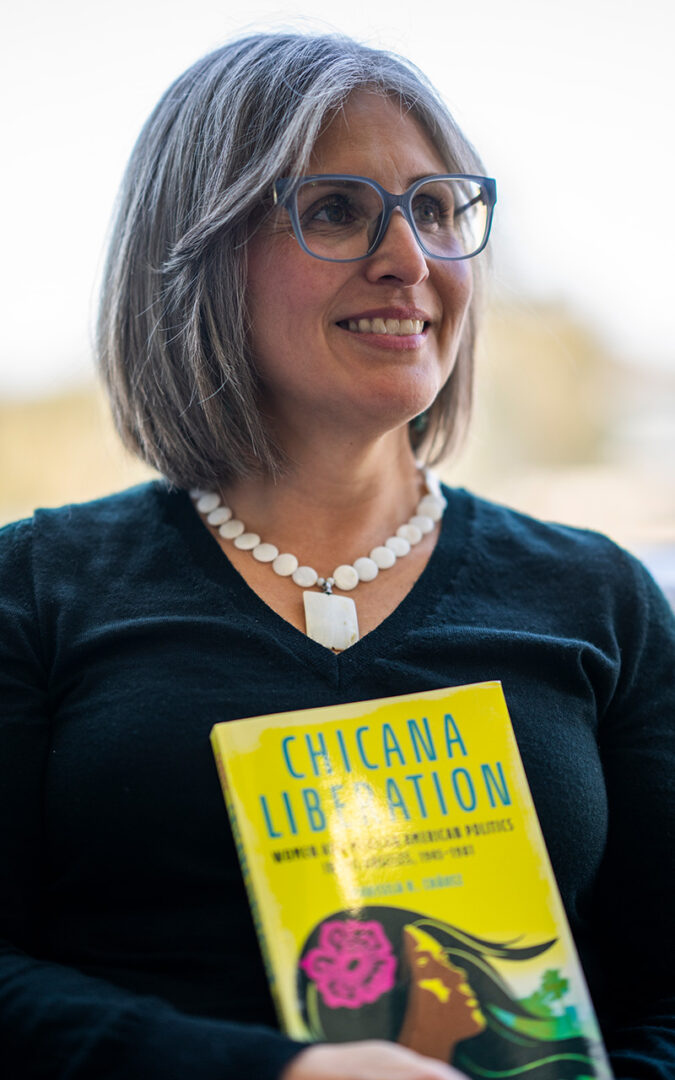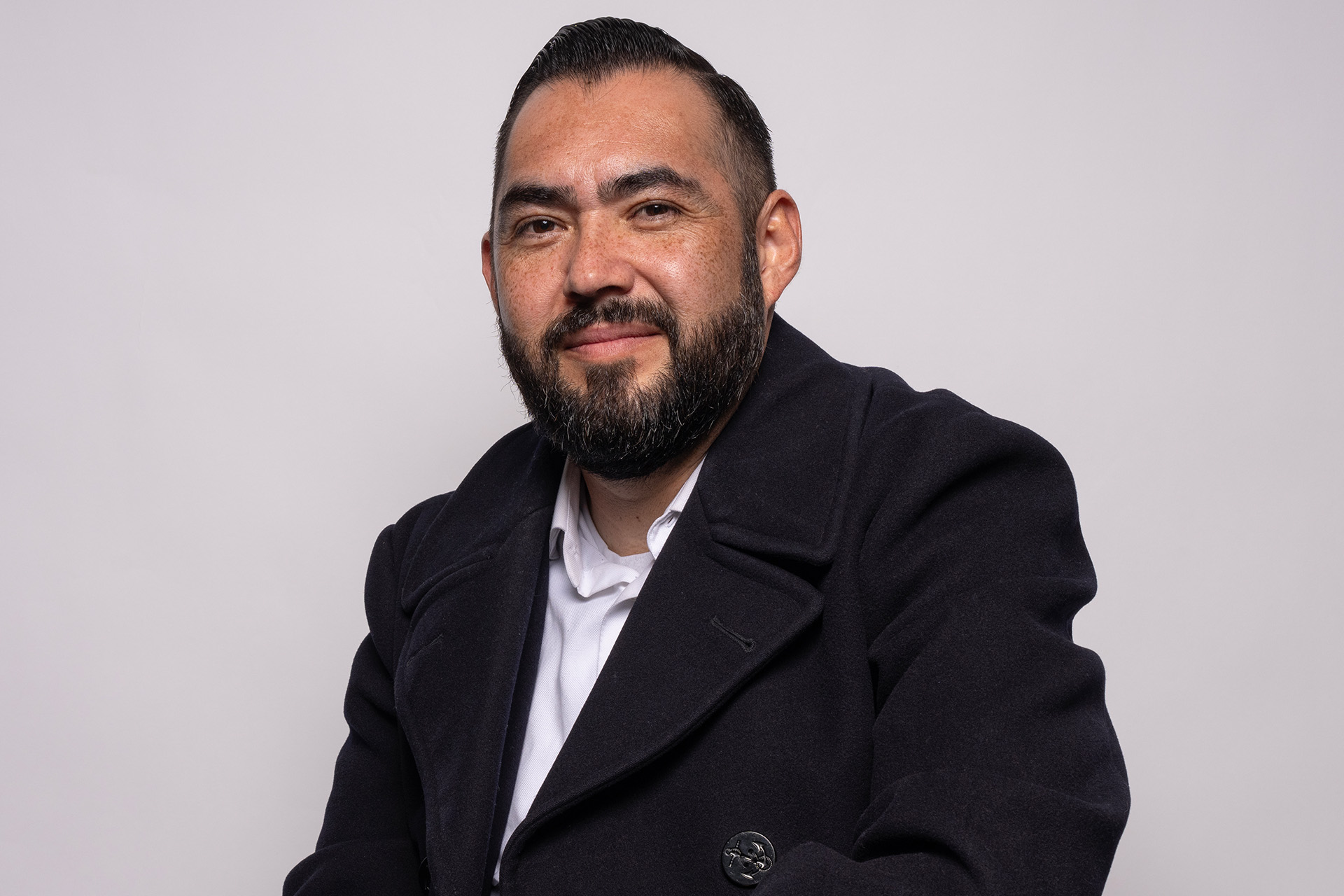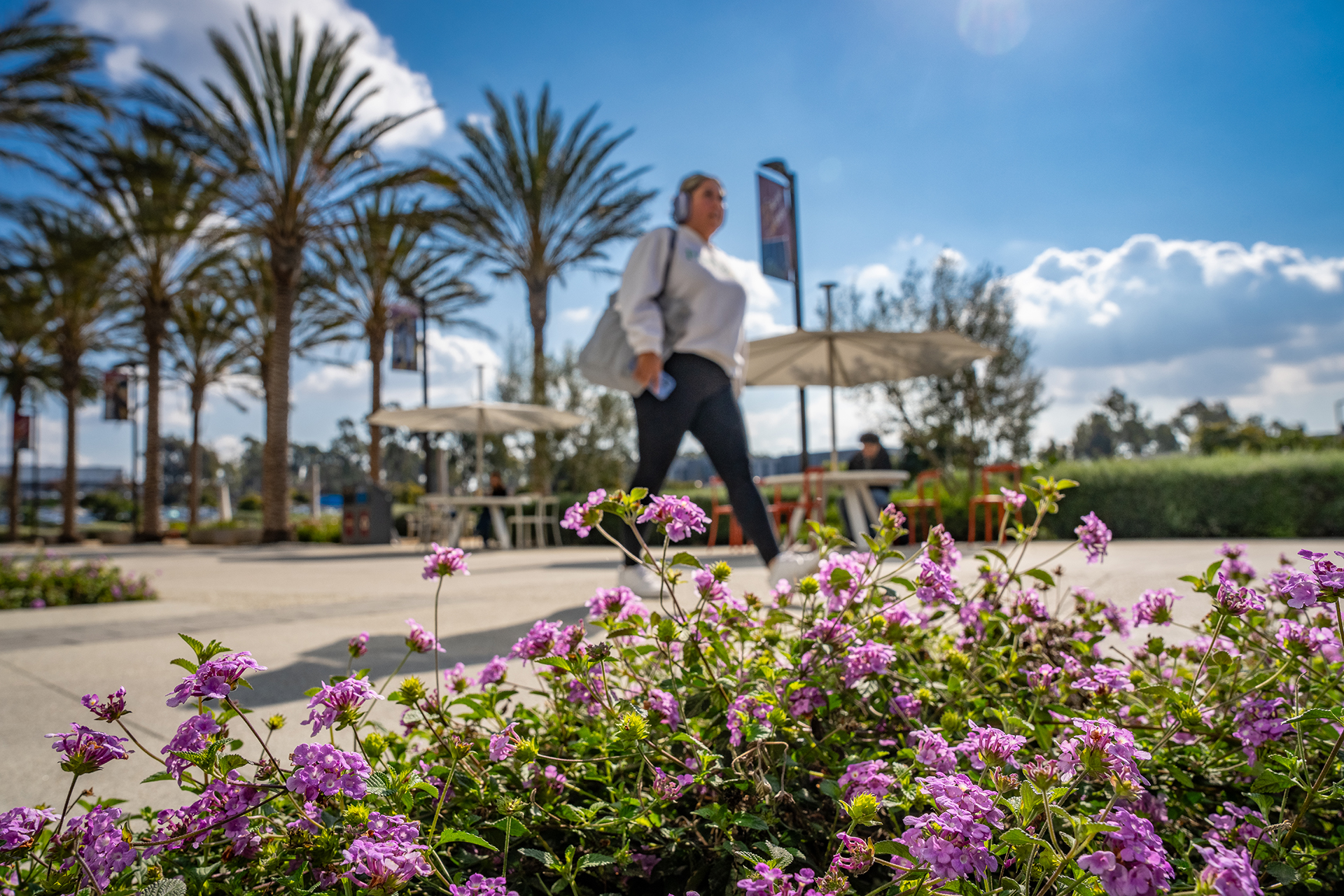L.A.’s Chicana Leaders
Growing up in East Los Angeles in the 1970s, Marisela Chávez had a front-row seat to the grassroots activism of the Chicano movement. Her parents, who had immigrated to the U.S. from Mexico as children, brought Chávez with them to meetings, marches, and political organizing events.
“The organization was like an extended family,” said Chávez, now a professor of Chicana and Chicano studies at CSUDH. “I was little at the time, but seeds were planted in me. I saw very strong women who were being active leaders.”
Her book, Chicana Liberation: Women and Mexican American Politics in Los Angeles, 1945-1981, is the culmination of years of scholarship rooted in those early experiences. Alongside government records and periodicals, Chávez used 20 personal accounts to shape her narrative of the evolution of Chicana activism.
“Oral history is crucial because it’s a way for those who have been marginalized to become part of the historical record,” she said. “In a sense, it’s creating your own archive.”
She also noted that often, “the research tells you where to go.” As Chávez investigated the establishment of Chicana women’s groups in the 1970s, her research revealed that many of the women involved had in fact been active in Los Angeles dating back to the 1940s. Her book charts what she calls a “bridging activism” between generations of women, and the impact it had on their movement.
“These older women had been old pros at politics, then brought along and mentored other groups of women within their organizations,” Chávez said. “That’s one of the most important parts—what happens when intergenerational knowledge and experiences come together.”
The book earned praise from Los Angeles Times columnist Gustavo Arellano, who noted that Chávez “focuses on pioneers who barely are mentioned even in Chicano histories.” He also expressed his hope that Chávez writes a sequel that tracks Latina political leaders to the present day, as “we need those stories as well.”



